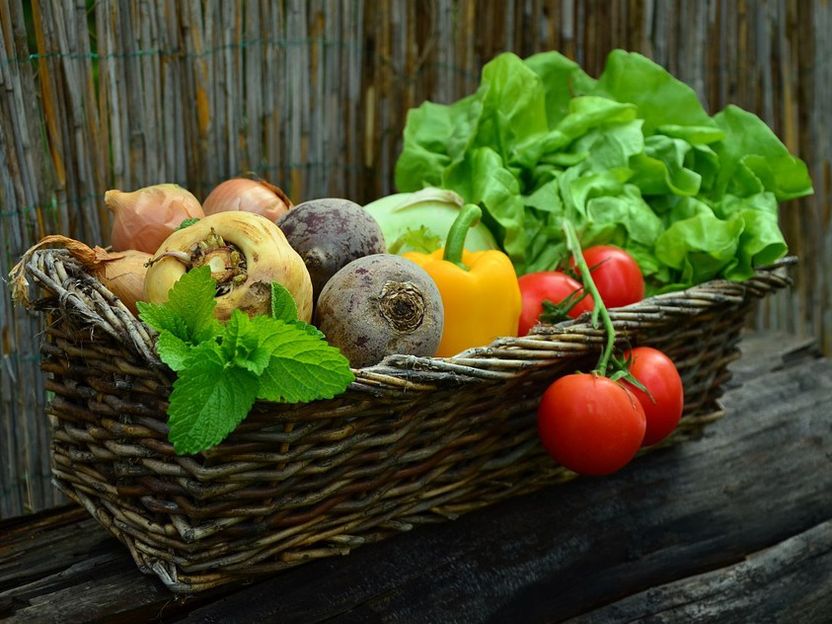Healthier nutrition could greatly reduce agricultural water consumption
The abandonment of meat could reduce water consumption for food production by about half in some cases. Even without a fundamental renunciation of meat, water consumption in Germany, Great Britain and France could fall by up to a third if all inhabitants were to switch to a healthier diet. This was reported by a team from the Joint Research Centre of the European Commission in Ispra (Italy) in the journal "Nature Sustainability".

congerdesign/ Pixabay
Although water consumption is important for the environment, it has not yet been studied in detail for individual European regions how much water could be saved for food production. To make up for this, the study authors collected the available data from 2007 to 2011 on water consumption in agriculture for the smallest possible geographical units. In France this was about 35,000 municipalities, in Great Britain about 8500 statistical units and in Germany 412 counties and cities.
"The residents of all currently compared regional units consistently eat too much sugar, oils and fats, (red) meat as well as milk and cheese taken together," write the researchers. In addition, the French and Germans consume too little fruit and vegetables on average. Britons and Germans eat too little fish and drink too much alcohol.
Based on this, Davy Vanham's team calculated how following recommended diets by the entire population would affect water consumption in food production. They used the so-called water footprint, which indicates for each food how much water was used for its production. Depending on current consumption, a change to a healthy diet with little meat could lead to water savings of 11 to 35 percent. A diet without meat but with fish would save 33 to 55 percent, a purely vegetarian lifestyle 35 to 55 percent.
At present, the average water consumption for food production in the three countries is lowest in Great Britain with 2757 litres per capita per day, followed by Germany with 2929 litres. France, on the other hand, consumes 3861 litres per capita per day. One reason for this is that the French drink more wine than Germans and Britons. For wine production 732 litres of water per kilogram are needed, for beer production only 111 litres. In southern France, in particular, a great deal of oil is consumed with a high water footprint.
"These data can be used at various political levels to stimulate strategies targeted at specific geographical units," the scientists write. Politicians can set tax incentives, steer production or consumption through political measures, and inform, promote or empower the population, for example through labelling and community initiatives. The study states: "The changeover to a healthy diet is not only good for human health, but also significantly reduces the consumption of water resources."/fm/DP/jha (dpa)
Most read news
Other news from the department business & finance

Get the food & beverage industry in your inbox
By submitting this form you agree that LUMITOS AG will send you the newsletter(s) selected above by email. Your data will not be passed on to third parties. Your data will be stored and processed in accordance with our data protection regulations. LUMITOS may contact you by email for the purpose of advertising or market and opinion surveys. You can revoke your consent at any time without giving reasons to LUMITOS AG, Ernst-Augustin-Str. 2, 12489 Berlin, Germany or by e-mail at revoke@lumitos.com with effect for the future. In addition, each email contains a link to unsubscribe from the corresponding newsletter.




























































